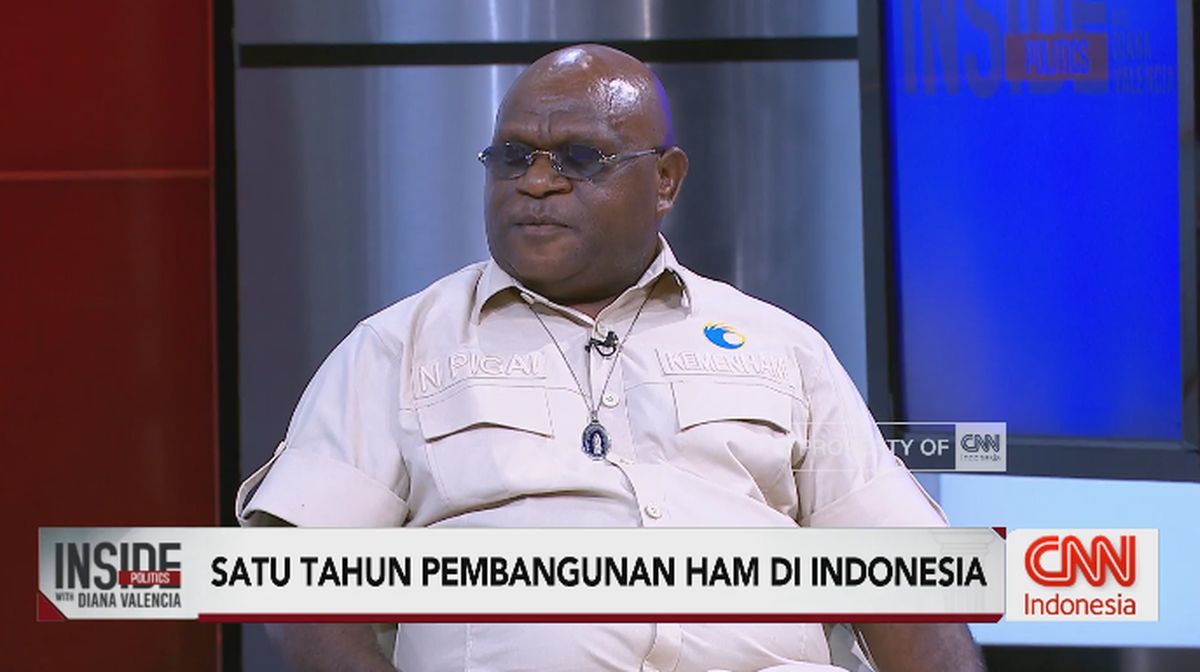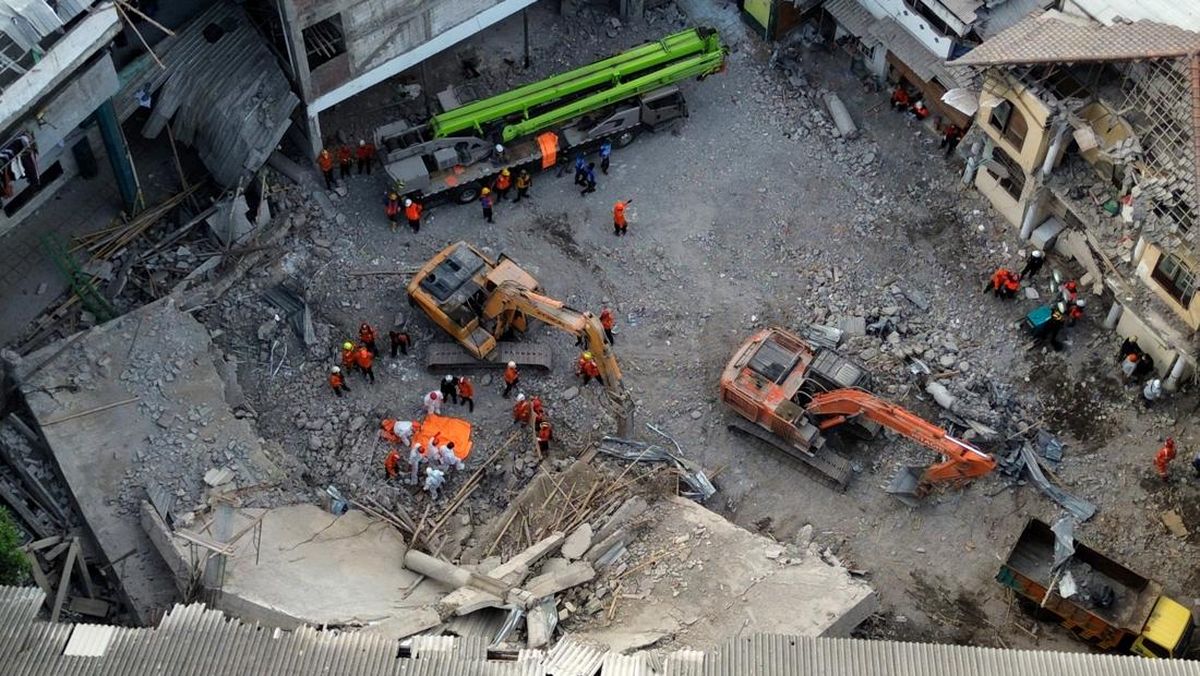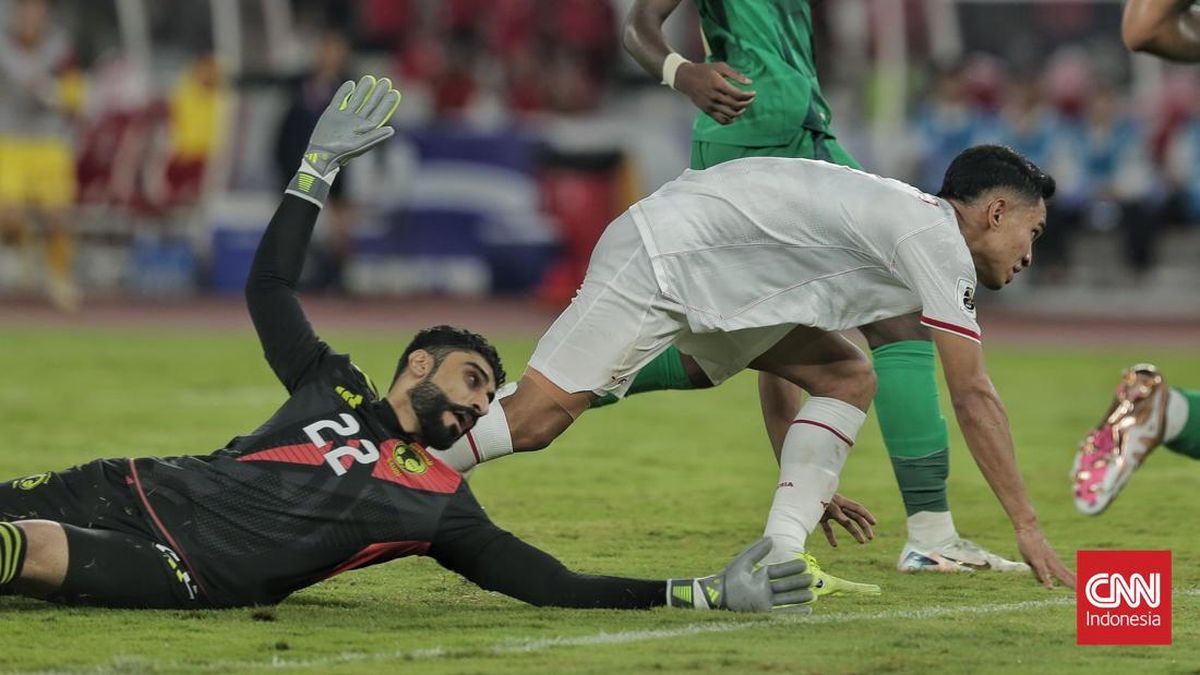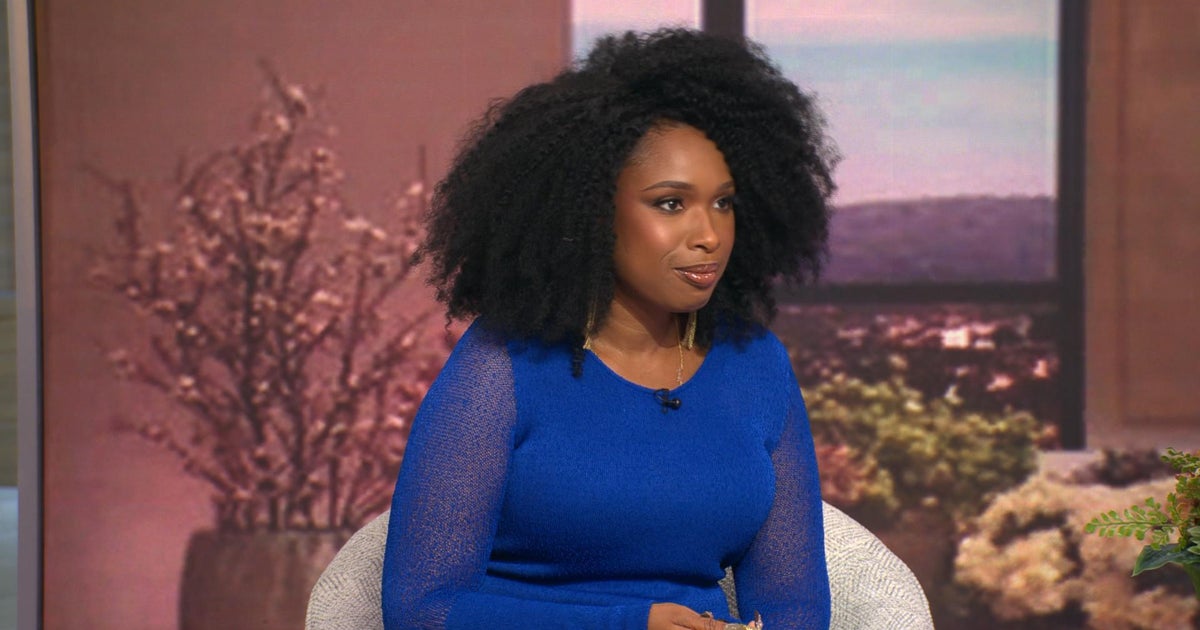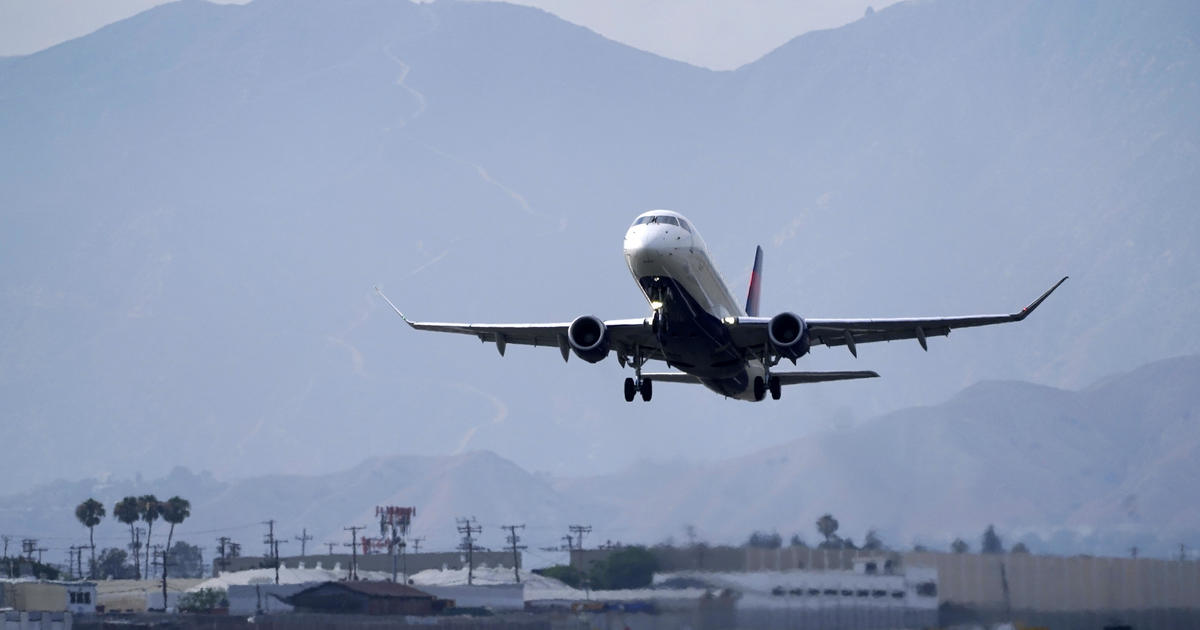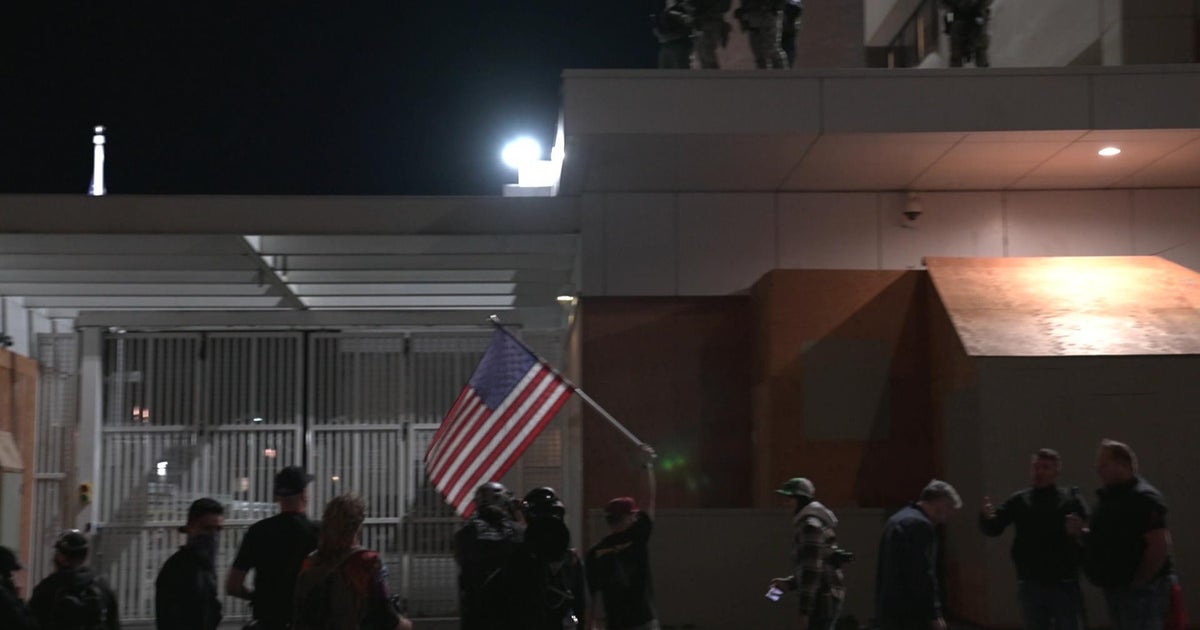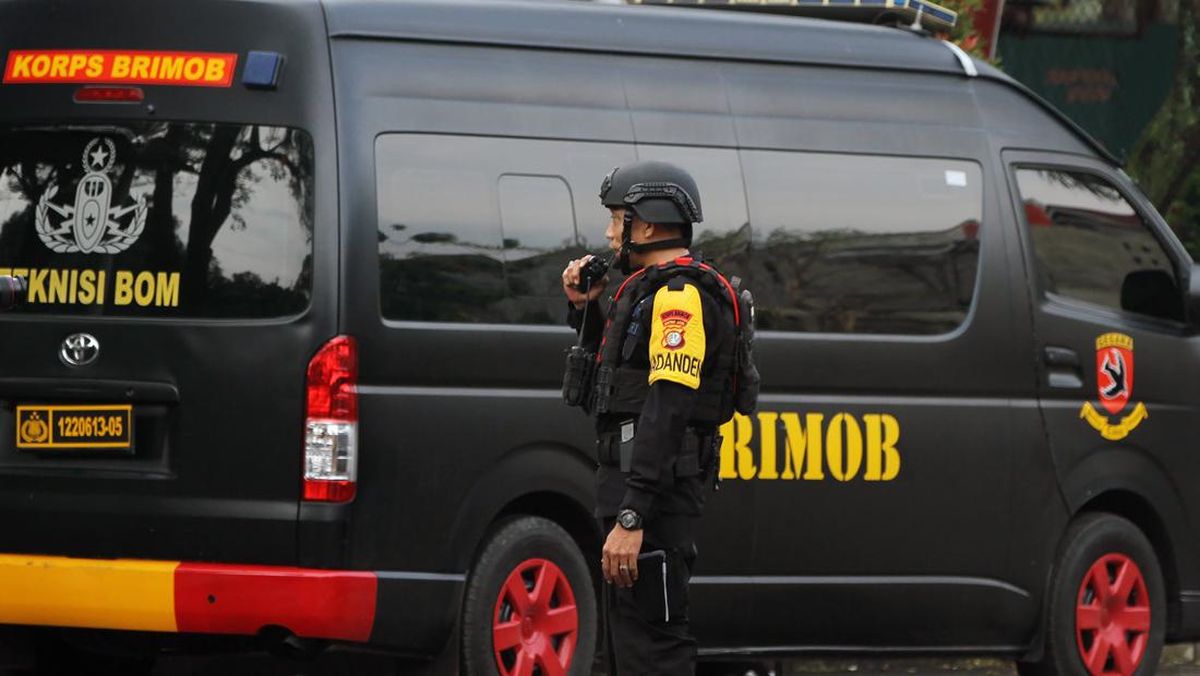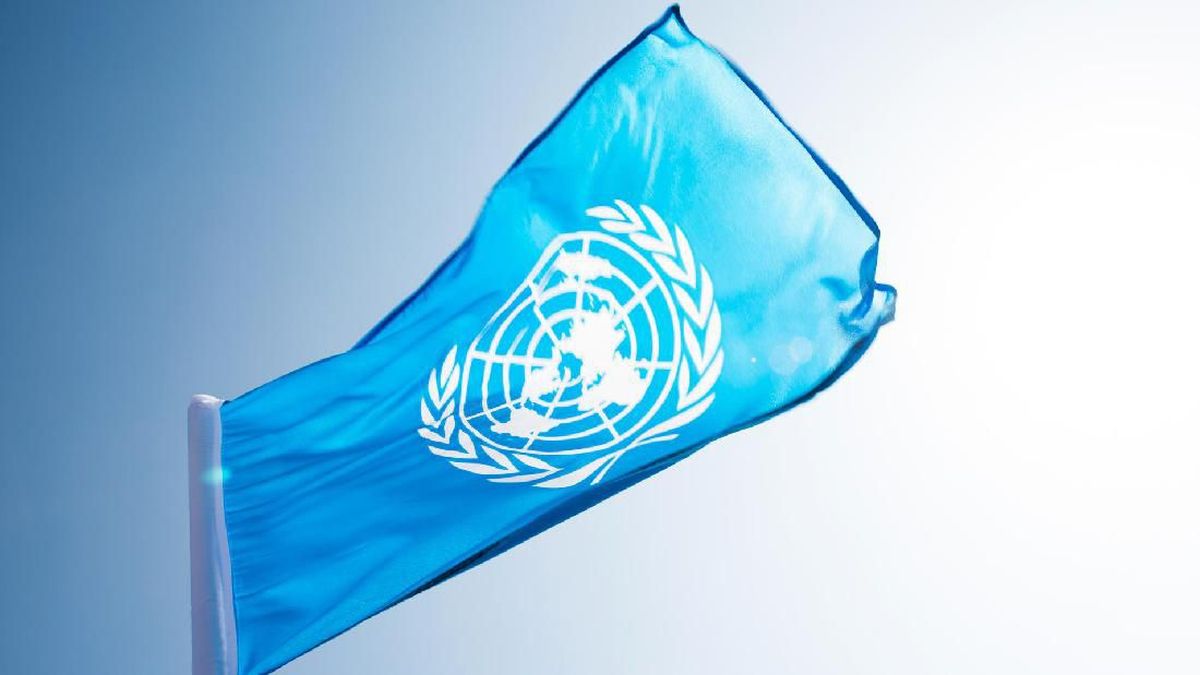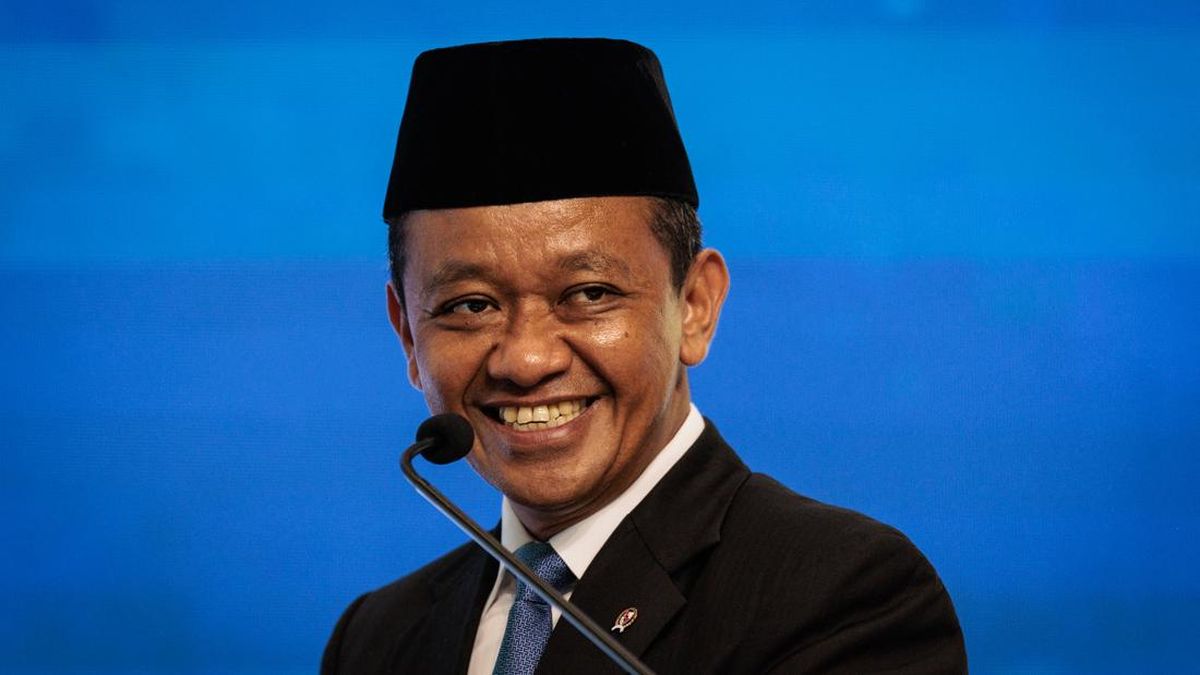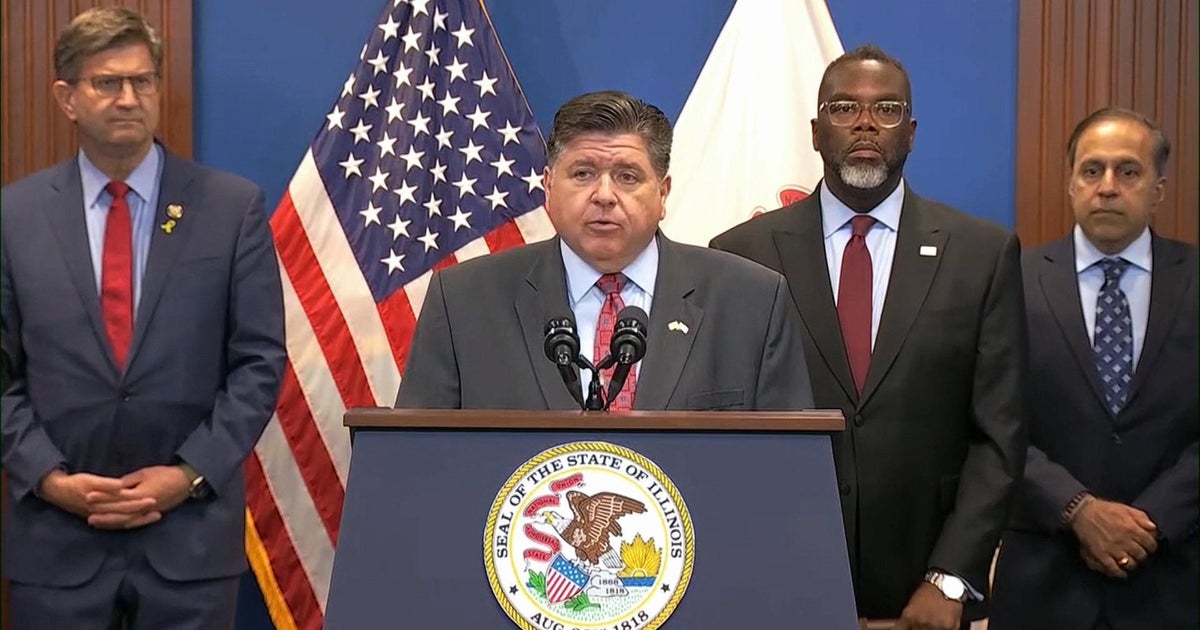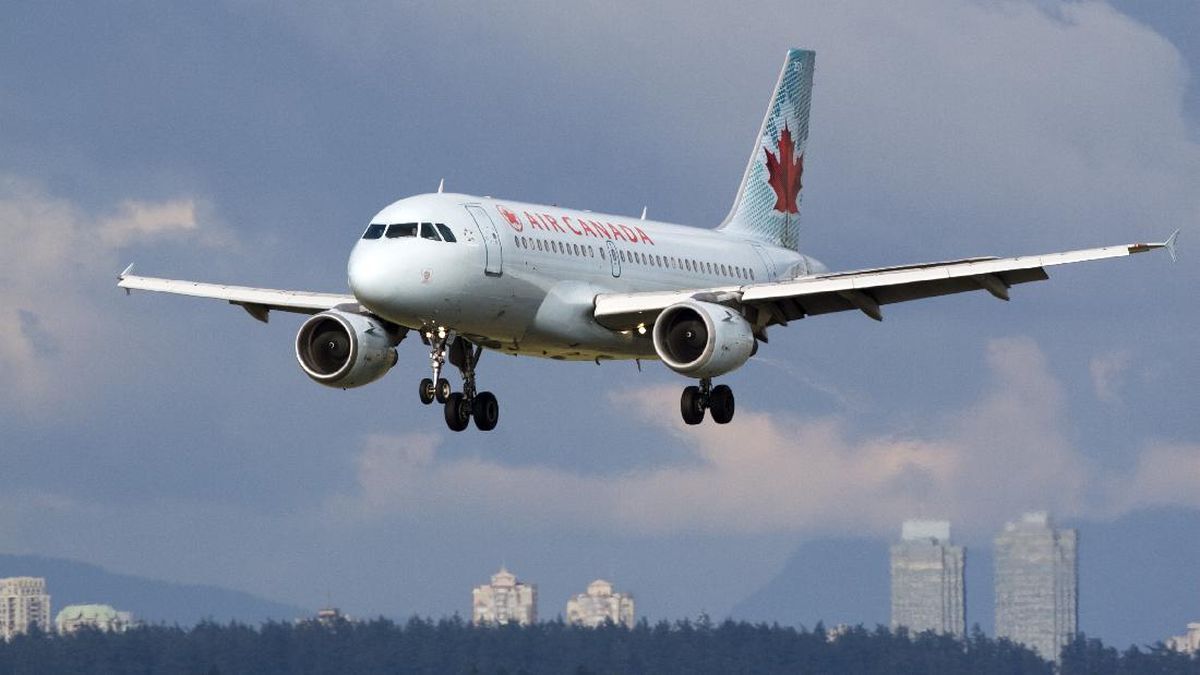Hundreds of psychiatrists working in NSW hospitals have won a temporary 20 per cent pay rise in a decision designed to lure doctors back to a stretched public sector and end a bitter workforce dispute.
In a long-awaited determination delivered on Friday, the NSW Industrial Relations Commission found an acute shortage of psychiatrists was “causing a deterioration in the quality of mental health care delivered in NSW and a deterioration in the conditions” of staff specialist psychiatrists employed in the state’s public hospitals.

Members of the psychiatry college and doctors’ union arrive for a hearing at the Industrial Court of NSW in June.Credit: Sam Mooy
The NSW government has previously said it would honour the commission’s verdict.
Commission vice president David Chin said lower salaries in NSW contributed to the deterioration in mental health services, and awarded a 10 per cent recruitment and retention allowance on top of the 10 per cent onerous duties allowance paid to psychiatrists since February.
Chin said the allowance, which he called a “discrete and stopgap measure”, would last for 12 months and be absorbed into any deal for wider junior and senior medical staff represented by their union, the Australian Salaried Medical Officers’ Federation (ASMOF NSW).
Chin did not grant any of the union’s other claims brought in the case.
“This allowance is granted not to reward ASMOF’s industrial strategy in facilitating mass resignations, but because a special case has been made out,” he said.
More than 200 staff specialist psychiatrists tendered their resignations to NSW Health last year in a dramatic escalation of their 18-month campaign for better pay and conditions.
About 60 of those left the system, with most deferring their resignations until after the IRC determination. Some converted to higher-paying visiting medical officer and locum contracts.
Psychiatrists were seeking a 25 per cent single-year pay rise, which they said would close the gap with other states where doctors can earn up to 30 per cent more.
Loading
The government initially did not budge from offering the psychiatrists anything more than the 10.5 per cent three-year increase given to all NSW public servants.
It later proposed a six-month pilot to find “productivity efficiencies” that would enable further pay increases, and a 10 per cent onerous duties increase.
Mental Health Minister Rose Jackson had said the 25 per cent claim would cost taxpayers $700 million. This was later contradicted by internal figures obtained by the Herald revealing the total cost was nearer $500 million over four years.
The documents from early 2024 – almost a year before the psychiatrists’ mass resignation – also revealed the government was aware of the extent of the recruitment and retention crisis in the state’s acute mental health services, in which almost one-third of staff specialist positions were vacant.
The Royal Australian and New Zealand College of Psychiatrists (RANZCP) and the union cited these vacancies as one of the main factors driving the mass resignation, with members warning they could not properly care for patients while managing the additional workload caused by staff shortages.
The verdict was delayed in April when the broader junior and senior medical workforce represented by ASMOF staged an unprecedented three-day strike, defying the commission’s warning that doing so could derail a resolution for their psychiatry colleagues.
The union agreed to refrain from further industrial action for three months, allowing the psychiatry case to conclude.
The government this week began six weeks of arbitration on a new deal for the state’s nurses and midwives. It faces the prospect of another industrial court date with ASMOF, after the union’s estimated 9000 members overwhelmingly rejected its latest pay offer.
Most Viewed in National
Loading

